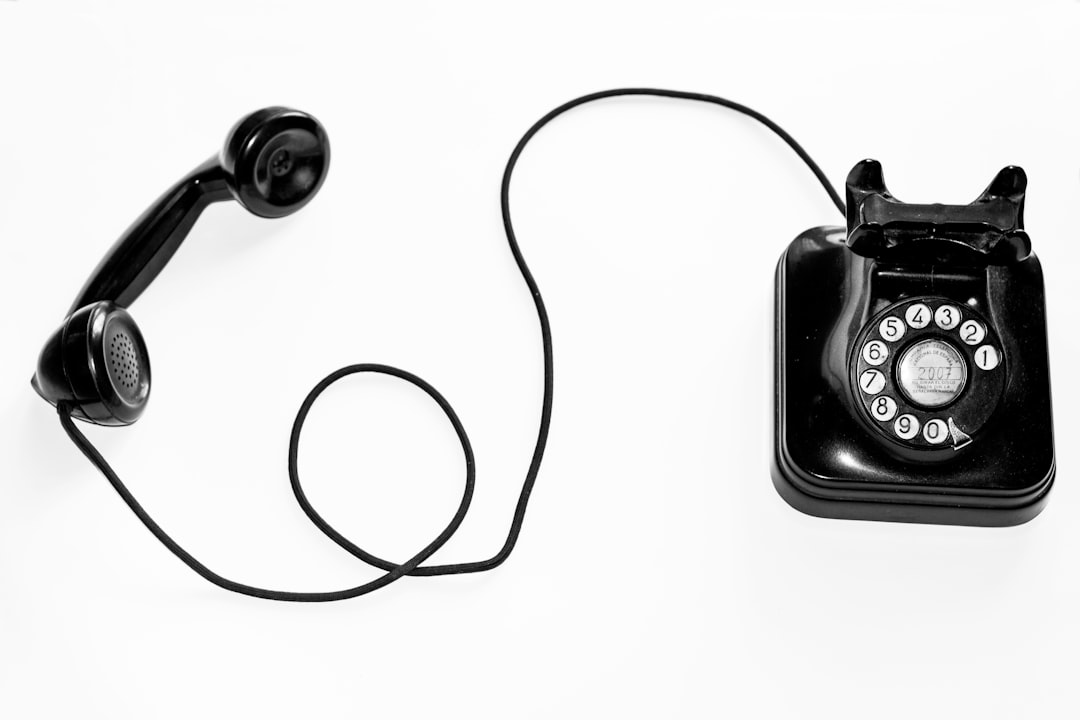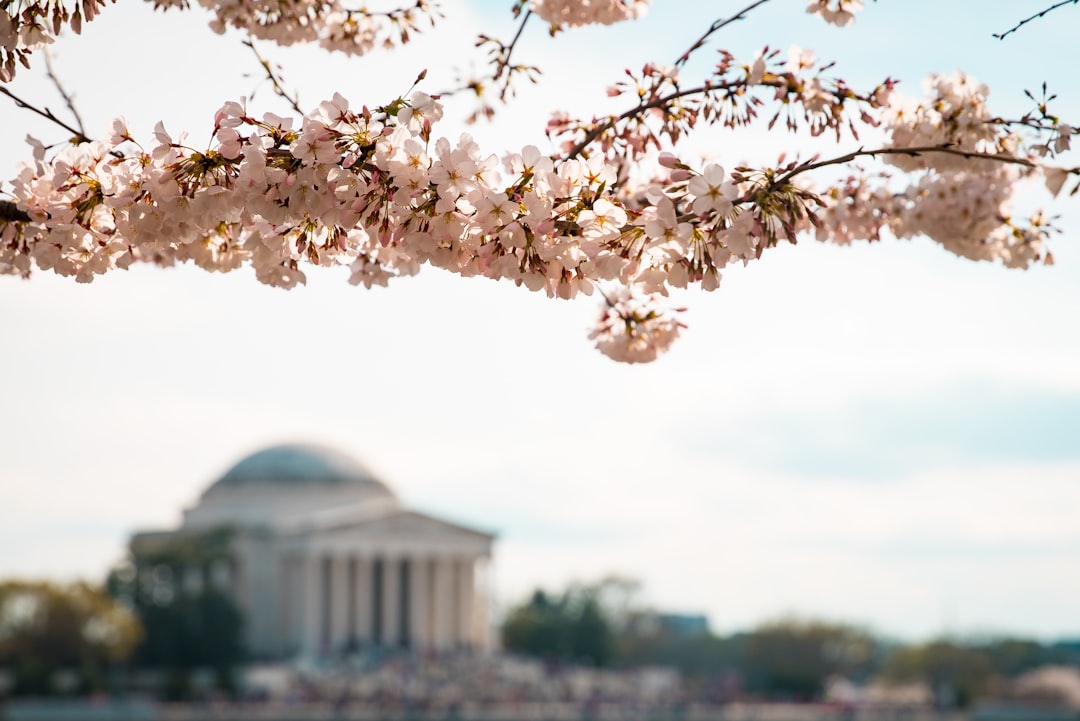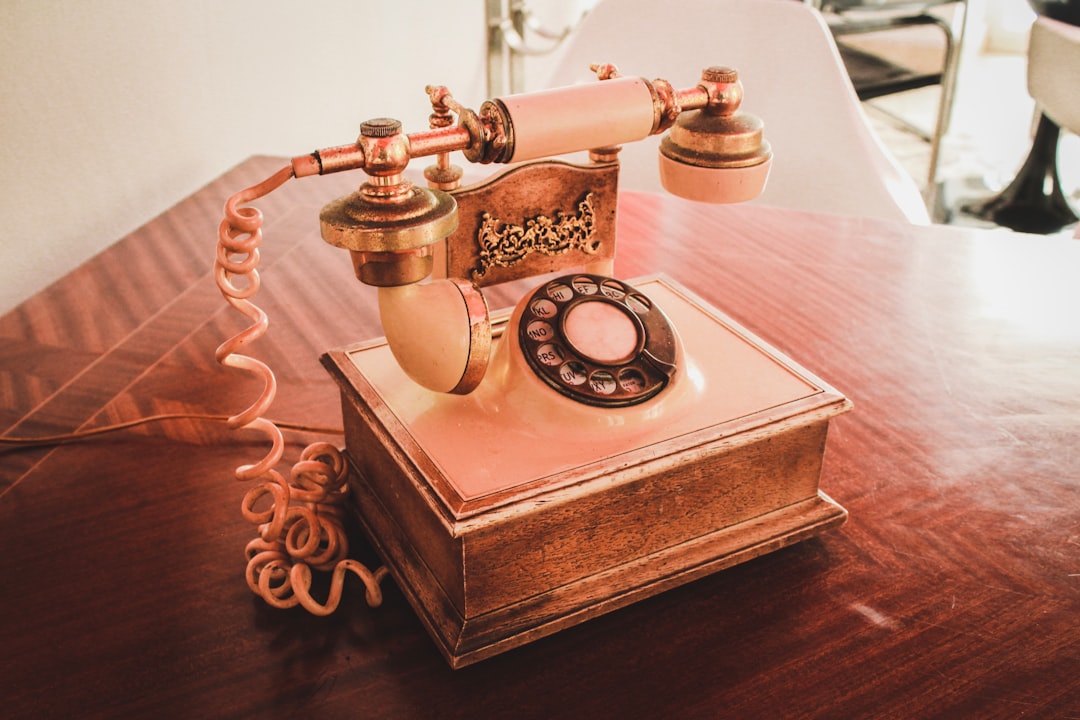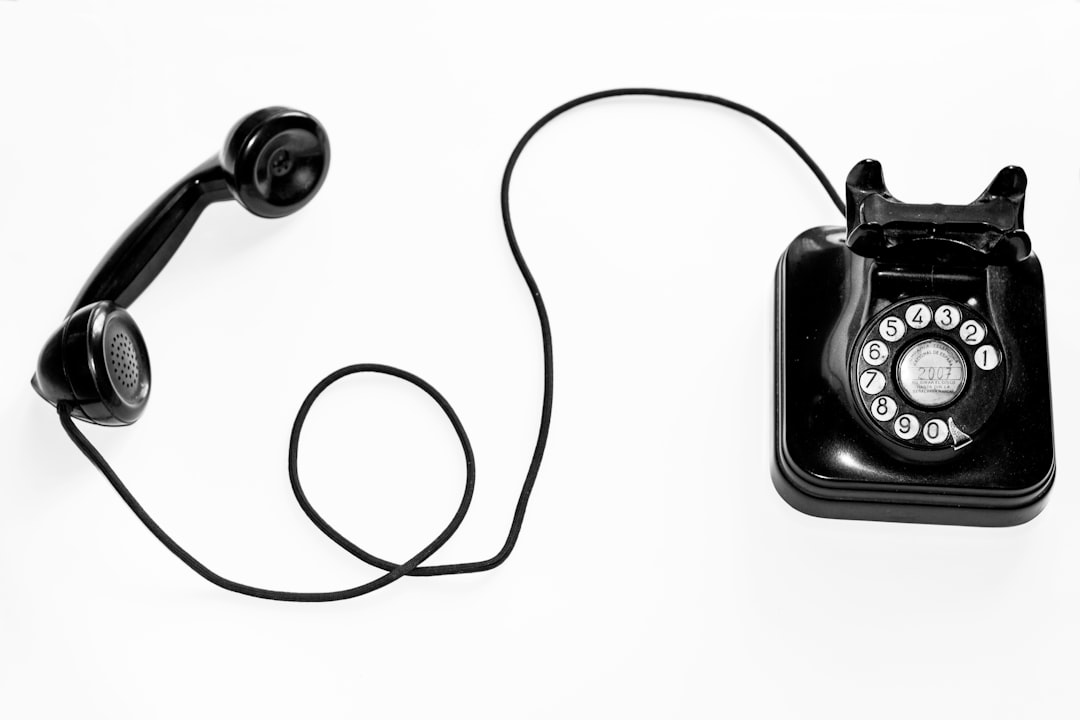Unwanted phone calls, including telemarketing and harassment, are common in Washington state, where laws protect residents. Document incidents with dates, times, content, and evidence for an unwanted call attorney Washington to assess legal options. Record calls, maintain detailed logs, and back up recordings regularly. Report severe cases to local law enforcement, assist with police reports, and consult an attorney for cease-and-desist letters. Block numbers, save evidence, and seek legal guidance from an unwanted call attorney Washington if harassment continues.
Unwanted phone calls, often harassment or even threats, can leave victims feeling vulnerable. In Washington state, understanding the legal implications of such incidents is crucial. This guide equips individuals with the best practices for documenting and addressing these challenges effectively. Learn how to record critical details, capture audio evidence, and report to authorities as an unwanted call attorney in Washington would advise. Additionally, discover proactive steps to safeguard against future harassment.
Understanding Unwanted Phone Calls and Their Legal Ramifications

Unwanted phone calls, often referred to as telemarketing or harassment, are a growing concern for many individuals and businesses alike. In today’s digital age, where communication lines blur between personal and professional spheres, it’s crucial to understand the legal implications of such calls. Washington state, like many others, has implemented laws to protect residents from excessive or unsolicited phone contact.
These unwanted calls can range from persistent sales pitches to threatening messages, and they are not only intrusive but may also be illegal. A unwanted call attorney Washington can guide individuals on their rights and the available legal recourse. It’s essential to document such incidents thoroughly, including the date, time, and content of the call, as this evidence can play a vital role in resolving disputes or pursuing legal action against the perpetrators.
Documenting the Incident: What to Include in Your Record

When documenting an unwanted call incident, it’s crucial to capture all relevant details that can aid in resolving the issue and potentially pursuing legal action against the harasser. Start by noting the date, time, and duration of the call. Include the caller’s phone number if possible, along with any identifying information like their name (if known) or the company they claim to represent. A clear description of what was said during the call is essential; note down the main topics discussed, any threats or abusive language used, and specific instances of harassment.
Also, record your own actions during and after the call. Note how you responded, what steps you took to end the interaction, and whether any evidence exists, such as recordings (if permitted by law) or messages left by the caller. Finally, include any background information about ongoing disputes or previous unwanted calls from this individual or entity, especially if there’s a pattern of behavior suggesting persistent harassment, which could be relevant for an unwanted call attorney in Washington to consider during legal proceedings.
Capturing Evidence: Techniques for Audio and Log Maintenance

When documenting harassing phone calls, capturing evidence is paramount for any unwanted call attorney in Washington. Start by enabling your phone’s call recording feature during suspected harassment incidents. Many smartphones have built-in voice recording apps that can capture high-quality audio. Additionally, specialized call recording software or hardware can be employed for more advanced documentation. Always ensure you obtain consent from all parties involved, as this is crucial for admissibility in legal proceedings.
Maintain detailed logs alongside the recorded calls. Note down dates, times, and a summary of each incident, including any specific harassing behavior or threats. These records will serve as a comprehensive reference for your case. Regularly back up both audio recordings and log files to secure cloud storage or external hard drives to prevent loss or corruption. This meticulous documentation will significantly aid your legal strategy against unwanted callers.
Reporting to Authorities and Seeking Legal Advice

If you’ve experienced repeated or severe harassing phone calls, one of the crucial steps is to report it to the authorities. Contacting your local law enforcement agency is a vital first step in documenting and addressing the issue. They can provide guidance and take formal action if necessary. It’s essential to document each incident, including the date, time, and content of the call, as well as any potential evidence like call records or voicemails.
Additionally, seeking legal advice from an unwanted call attorney in Washington is highly recommended. A qualified attorney can help you understand your rights under local harassment laws and guide you through the process of taking formal action. They can assist with filing a police report, drafting cease-and-desist letters, or even pursuing legal proceedings against the harasser(s). This not only ensures that your rights are protected but also sends a strong message to the perpetrators.
Best Practices for Protecting Yourself from Future Harassment

Protecting yourself from future harassment after an unwanted call is crucial. The first step is to document every detail of the incident, including the caller’s phone number and any identifying information you can recall. Many smartphones have built-in features or apps that allow you to block specific numbers; utilize these tools immediately after such calls to prevent further contact.
Consider consulting with an unwanted call attorney in Washington if the harassment persists. Legal action may be necessary to deter continued unwanted contact, and a professional can guide you through the appropriate steps to ensure your safety and well-being. Remember to save any evidence, such as call logs, text messages, or recordings (where permitted by law), as these could be crucial in taking official action against the harasser.






